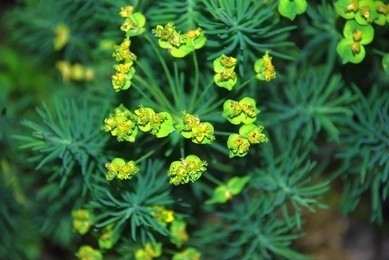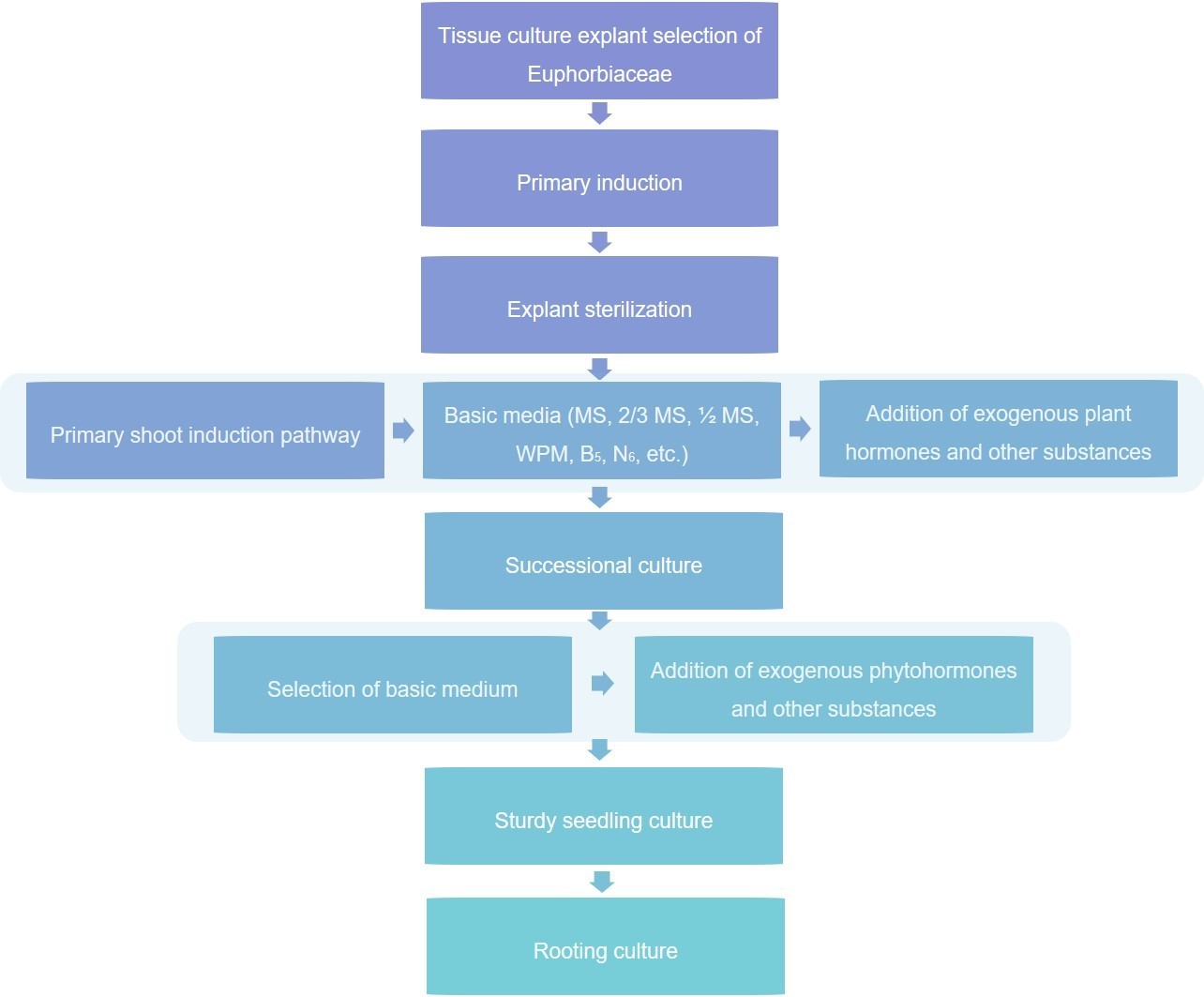
- Home
- Services
- Ornamental Plant Tissue Culture
- Orchidaceae Plant Tissue Culture
- Gentianaceae Plant Tissue Culture
- Ornamental Chrysanthemum Tissue Culture
- Theaceae Plant Tissue Culture
- Caryophyllaceae Plant Tissue Culture
- Araceae Tissue Culture
- Rhododendron Plant Tissue Culture
- Begoniaceae Plant Tissue Culture
- Paeonia Plant Tissue Culture
- Hosta Plant Tissue Culture
- Amaryllidaceae Plant Tissue Culture
- Melastoma Plant Tissue Culture
- Polemoniaceae Plant Tissue Culture
- Nelumbo Plant Tissue Culture
- Gesneriaceae Plant Tissue Culture
- Tissue Culture Instrumentation Services
- Arabidopsis thaliana Specialized Incubator
- Intelligent Constant Temperature and Humidity Box
- Lighted Plant Culture Rack
- Plant Tissue Culture Incubator
- Rice Specialized Incubator
- Seed Storage and Drying Boxes
- Tobacco Specialized Incubator
- Top LED Light Plate Type GDN Light Incubator
- Top LED Light Plate Type RDN Artificial Climate Chamber
- Succulent Plant Tissue Culture
- Garden Plant Tissue Culture
- Bougainvillea Plant Tissue Culture
- Heuchera Plant Tissue Culture
- Aralia Plant Tissue Culture
- Bryophyte Tissue Culture
- Ilex Tissue Culture
- Dracaena Tissue Culture
- Pelargonium Tissue Culture
- Bignoniaceae Plant Tissue Culture
- Rosaceae Tissue Culture
- Forest Plants Tissue Culture
- Euphorbiaceae Plant Tissue Culture
- Taxaceae Plant Tissue Culture
- Broussonetia Plant Tissue Culture
- Betulaceae Plant Tissue Culture
- Ficus Plant Tissue Culture
- Populus Plant Tissue Culture
- Cunninghamia Plant Tissue Culture
- Salix Plant Tissue Culture
- Pinus Plant Tissue Culture
- Ginkgoaceae Plant Tissue Culture
- Fagaceae Plant Tissue Culture
- Juglandaceae Plant Tissue Culture
- Eucalyptus Plant Tissue Culture
- Cinnamomum Plant Tissue Culture
- Taxodiaceae Plant Tissue Culture
- Magnoliaceae Plant Tissue Culture
- Paulownia Plant Tissue Culture
- Nandina Plant Tissue Culture
- Amaranthaceae Plant Tissue Culture
- Aquatic Plant Tissue Culture
- Oleaceae Plant Tissue Culture
- Medicinal Plant Tissue Culture
- Cornaceae Plant Tissue Culture
- Pteridaceae Plant Tissue Culture
- Pinellia Plant Tissue Culture
- Dendrobium Plant Tissue Culture
- Bletilla Plant Tissue Culture
- Dioscoreaceae Plant Tissue Culture
- Euonymus Plant Tissue Culture
- Euphorbia Plant Tissue Culture
- Campanulaceae Plant Tissue Culture
- Tissue Culture of Medicinal Apiaceae Plants
- Medicinal Asteraceae Tissue Culture
- Lamiaceae Plant Tissue Culture
- Fabaceae Plant Tissue Culture
- Polygalaceae Plant Tissue Culture
- Zygophyllaceae Plant Tissue Culture
- Menispermaceae Plant Tissue Culture
- Berberidaceae Plant Tissue Culture
- Vitaceae Plant Tissue Culture
- Rhodiola Plant Tissue Culture
- Acanthaceae Plant Tissue Culture
- Liliaceae Plant Tissue Culture
- Phyllanthaceae Plant Tissue Culture
- Ranunculaceae Plant Tissue Culture
- Apocynaceae Plant Tissue Culture
- Ericaceae Plant Tissue Culture
- Caprifoliaceae Plant Tissue Culture
- Commelinaceae Plant Tissue Culture
- Cash Crop Tissue Culture
- Pterophyta Plant Tissue Culture
- Spice Plants Tissue Culture
- Solanaceae Plant Tissue Culture
- Taraxacum Plant Tissue Culture
- Poaceae Plant Tissue Culture
- Tissue Culture for Fruit and Vegetable Plants
- Zingiberaceae Plant Tissue Culture
- Tissue Culture of Edible Apiaceae Plants
- Cucurbitaceae Plants Tissue Culture
- Caricaceae Plants Tissue Culture
- Rutaceae Plants Tissue Culture
- Musaceae Plants Tissue Culture
- Actinidiaceae Plants Tissue Culture
- Allium Plants Tissue Culture
- Rubus Plants Tissue Culture
- Malus Plants Tissue Culture
- Fragaria Plants Tissue Culture
- Eriobotrya Plants Tissue Culture
- Dioscorea Plants Tissue Culture
- Amorphophallus Plants Tissue Culture
- Rhamnaceae Plants Tissue Culture
- Elaeagnaceae Plants Tissue Culture
- Brassicaceae Plants Tissue Culture
- Rubiaceae Plants Tissue Culture
- Rare Plant Tissue Culture
- Testing Services for Tissue Culture Plants
- CNVs Analysis of Tissue Culture Plants
- Development of SSR Molecular Markers for Tissue Culture Plants
- Genetic Map Construction of Tissue Culture Plants
- Genome De Novo Sequencing of Tissue Culture Plants
- Genome Survey Sequencing of Tissue-Cultured Plants
- Germline Genomics Analysis of Tissue-Cultured Plants
- Organelle Genome De Novo Sequencing in Tissue Culture Plants
- Population Evolution Studies in Tissue-Cultured Plants
- HLVd and Virus Identification
- Fungal and Bacterial Identification
- Ploidy and Trait Analysis Service for Tissue Culture Plants
- Fingerprinting and Trait Analysis Service for Tissue Culture Plants
- Plant Laboratory Engineering Services
- Plant Growth Chambers Planning and Design
- Plant Transgenic and Tissue Culture Chamber Planning and Design
- Red and Blue Light Combination Incubation Chambers
- Sunny Artificial Climate Chambers Planning and Design
- Intelligent Greenhouse Planning and Design
- Gutter Connected Greenhouse Planning and Design
- Daylight Greenhouse Planning and Design
- LED Plant Light Customization Services
- Seed Cryogenic Storage Services
- Fluorescent Tissue Culture Plant Services
- Tissue Culture Technical Advisory Training Services
- Ornamental Plant Tissue Culture
- Solutions
- Products
- Platforms
- Careers
- Company
- Order
 A flowering plant among Euphorbiaceae plants
A flowering plant among Euphorbiaceae plants

